©Kamaleshforeducation.in(2023)
©Kamaleshforeducation.in(2023)
WBPPMS | National Voter’s Service Portal | Electoral Search | WB State Election Commission | Chief Electoral Officer, WB | Remuneration of BLO and DO (RTI Reply)
Representation of the People Act, 1951
©kamaleshforeducation (2023)
Smile, be consistent and add some fun – teacher and blogger Michael Linsin explains his behaviour management basics [Link ⇒ www.theguardian.com/teacher-network/2015/oct/08/classroom-management-tips-new-teachers]
As a new teacher facing their first classroom experience, you will have no doubt been bombarded with information.
It’s hard to know what’s important and what can go to the bottom of your priority list. Well here’s the straight scoop: everything takes a back seat to classroom management because if you can’t effectively control your classroom, nothing will work as it should. You must master this one area first otherwise teaching can be especially unforgiving.
While there are hundreds of possible strategies at your disposal, a few are absolutely critical. Stick with the following cornerstone principles from the first day of school to the last and you’ll have a successful year of teaching.
Smile:
The oft-repeated recommendation that you should never smile in the first two months of the school year is hogwash. A smile sends a subtle but powerful message to your class that kindness and politeness are expected. It also calms nervous energy and builds instant rapport and likability. This is critically important because when your students like you and are comfortable around you, they’ll want to please you, listen to you and behave for you. As you meet your class, look them in the eye, say hello and smile.
Have clear rules:
Classroom rules protect every student’s right to learn and enjoy school – and your right to teach. They must cover every possible disruption, interruption and misbehaviour – and there should be no misunderstanding regarding what constitutes breaking them.
Define each rule explicitly during the first few days at a school. Modelling is key here; show your students examples of the precise behaviours that transgress your rules. For example, if you were teaching children to raise their hand before speaking, sit in a student’s seat and demonstrate what following the rule does and doesn’t look like.
Have clear consequences:
Consequences hold students to account without having to lecture or berate them. Maintaining a positive relationship is crucial in reaching and inspiring your students to mature socially and academically.
Walk your class through the steps of misbehaving, from initial warning to parent contact. Model the exact words and body language you’ll use when you give a warning, send a student for time out, or inform them that you must call home. This way, there are no surprises, no arguments and no anger when it goes wrong. This prompts the offending student to reflect on their misbehaviour, take responsibility for it and vow to never do it again.
Follow through:
Inconsistency is the fastest way to lose control of your class. When you let misbehaviour go, yell and admonish instead of calmly enforcing consequences, you essentially tell your students that you can’t be trusted – this causes disappointment, resentment and ultimately more misbehaviour. The key to consistency is to continually remind yourself that your very success depends on it. The moment they learn that you’re not a person of your word, the floodgates will open. When you witness a transgression of your rules, your response should be automatic, even robot-like. Simply approach the misbehaving student, tell them what rule was broken and the consequence, and then turn and walk away.
Teach detailed routines:
Routines are the lifeblood of a well-run classroom. They save time, keep students focused on learning and reduce misbehaviour. Anything and everything you do repeatedly – such as lining up for lunch, turning in work or circling into groups – should be made into a routine.
The key is to teach children in a detailed way. Pretend you’re a student and guide them through the steps you want them to take. For example, if you’re teaching how to enter the classroom in the morning, throw on a backpack, start outside your classroom door and create a memory map for your students to follow. After checking for understanding, choose a student as a model then practise as a class until perfected.
Add a dose of fun:
It’s easy to get so caught up in teaching your objectives that you forget the importance of making school fun for students. If there is a secret to classroom management, this is it. When your students are happy, engaged and look forward to your class, you have powerful leverage to curb misbehaviour because your consequences mean something to them. It is this combination of fun and accountability that will transform even the most difficult students. This doesn’t mean you always have to have an interactive game at the ready or spend extra time planning, just be open to sharing a laugh with your students. Be yourself and never be afraid to show your personality. Tell hard-luck stories of your youth, take attendance in a funny accent, answer a question as an opera singer. Enjoy your job. Your students will love you for it.
Tried and true:
Unfortunately, there is a lot of bad advice bouncing around the halls and staff lounges of schools. Some of the most commonly recommended strategies are dishonest and manipulative. Some may work in the moment, but cause more problems down the line. And some are just plain harmful to students.
You’ll do well to filter everything you hear through the six tried-and-true tips above. If it doesn’t build influential relationships, if it doesn’t entail honesty, consistency and doing what’s best for students, if it doesn’t help create a learning environment your students enjoy being part of, then let it go in one ear and out the other.
Michael Linsin is the bestselling author of three books about classroom management. His ideas can also be found on his blog, Smart Classroom Management.
© Kamaleshforeducation.in (2023)
Sample Lesson Plans
© kamaleshforeducation.in (2023)


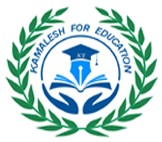





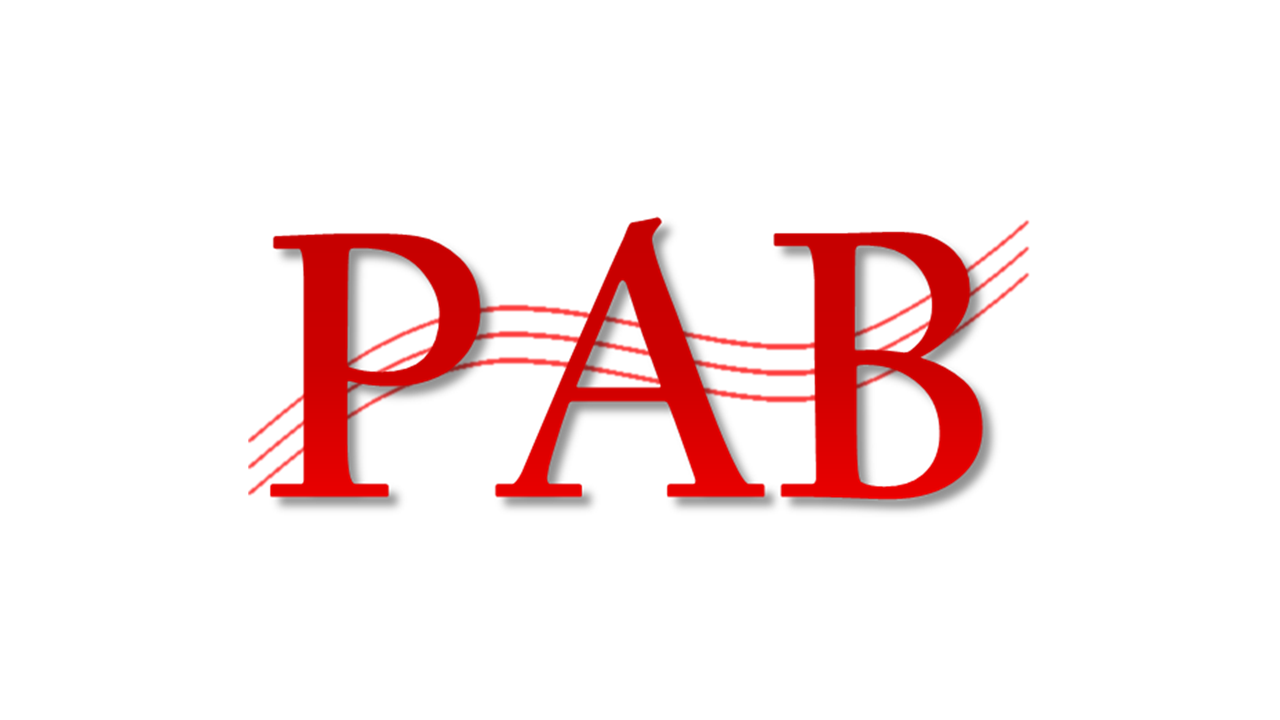
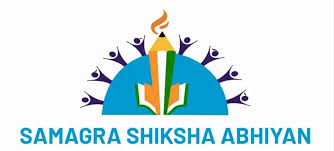

Shikshabandhu & Voluntery Resourse Person’s Nomination Time Extended ![]()
Shikshabandhu can contest Panchayet election order by Kolkatta High Court![]()
SHIKSHABANDHU ALL COURT CASE STATUS![]()
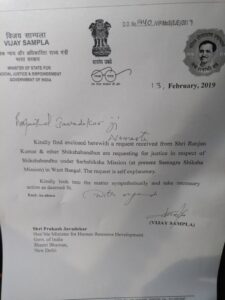
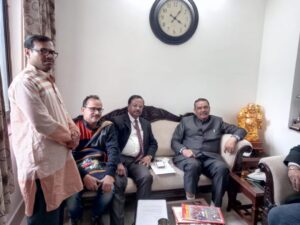

SHIKSHABANDHU DEPUTAION TO VIJAY SAMPALA,MINISTER OF STATE FOR SOCIAL JUSTICE AND EMPOWERMENT, GOVT. OF INDIA![]()
Shikshabandhu Deputation to Principal Secretary, School Education Department, Govt. of WB![]()
Shikshabandhu Deputation to Education Minister,Govt. of WB![]()
Remunaration In Respect of workers service condition Memo- 3998-F(P2), Dated-15.07.2019![]()
SALARY INCRESED TEP BY STEP OF SHIKSHABANDHU![]()
Project DIPANKAR – The Child Tracking System![]()
40% Enhancement of Remuneration of Siksha Bandhu![]()
Re-engaged for a period of 1(one) year subject to renewal till 60 years of age all existing employees of State Project Office,District Project Office & CLRC Office![]()
Remuneration of Different Contractual Employees of PBSSM![]()
Revised Remuneration of Contractual Employee under SSA![]()
Ref. No.: Date:
To,
Service through the Chief Secretary;
Government of West Bengal;
At: “Nabanna”; 325, Sarat Chatterjee Street;
Shibpur; Howrah-711102.
School Education Department (Primary/Elementary Education Branch);
Government of West Bengal;
Bikash Bhawan; 6th Floor; Salt Lake City; Kolkata-700091.
Government of West Bengal;
Bikash Bhawan 2nd Floor;
Salt Lake City; Kolkata-700091.
Paschim Banga Sarba Shiksha Mission (Now Samagra Shiksha);
Government of West Bengal;
Bikash Bhawan 2nd Floor;
Salt Lake City; Kolkata-700091.
West Bengal Board of Primary Education;
Acharya Prafulla Chandra Bhavan;
DK 7/1; Sector-II; Salt Lake; Kolkata – 700091
Service through the Joint Secretary to the Government of India;
Ministry of Education;
Department of School Education and Literacy; (IS.8 Section);
107A-D, Shastri Bhawan; New Delhi-110001.
E-mail: jscord-mhrd@gov.in
Sr. Advisor (WCD & Education)
Niti Aayog; Government of India;
Room No. 264; Sansad Marg Area, New Delhi, Delhi 110001
Subject: Legal Notice
RE: Amelioration from all financial disputes & deprivation and absorption/regularization of the BRC/CLRC Coordinators and CRC Coordinators (Shiksha Bandhus) in the regular cadre/employment of Education Department, Government of West Bengal, ending the SUBTERFUGE status of “Contractual Employee” – a long felt legitimate demand.
My Clients: Shri Sankar Sarkar, aged about 50 years, Son of Late Sourendranath Sarkar, resident of Village: Nowpara; Post Office: Basuri; P.S. Haripal; District: Hooghly; West Bengal; PIN Code-713403, employed as SHIKSHA BANDHU (BRC/CLRC/CRC Coordinator as per Government of India nomenclature of Designation) in the Upper Primary level of __________ CLRC, Hooghly,
And Shri Nanda Dulal Mukhopadhyay, aged about 52 years, Son of Late Bibhabasu Mukhopadhyay, resident of Village: Moutorh; Post Office: Moutorh; P.S. Raghunathpur; District: Purulia; West Bengal; PIN Code-723145, employed as SHIKSHA BANDHU (BRC/CLRC/CRC Coordinator as per Government of India nomenclature of Designation) in the Primary level of __________ CLRC, Purulia.
Dear Madam(s)/Sir(s),
Having gone through the issues being faced by my clients captioned as above, who actually represent a few others of themselves belonging in their class suffering from the common cause of action, I address you as under through this notice of “Demand for Justice” on behalf of and under instruction from my above said clients:
Demands:
Arrears calculated on the basis of recalculated remuneration as per prevailing Center-State ratio starting from joining.
PF from the date of becoming permanent in 2010.
Change in Designation
Placement in proper Scale of Pay with Grade Pay
To bring under the Service Rule.
Enhancement of retirement age as per rule 76. (a) of the WB Service Rules, Part-I, Chapter 10, as applicable for a Gr.-D post.
Interim
Keep aside forthwith 60% component of Center’s contribution.
Arrears.
Now, therefore, consequent upon the facts & circumstances of the case I, through this humble notice, call upon you to immediately intervene & act in adherence of Article 14 and 16 of the Indian Constitution and resolve the matter positively by fulfilling the moral & legal requirements & obligation as mentioned hereinabove and doing the needful to enable my clients get a permanent status in their employment being regularized with Pay Scale and Grade Pay as per norms. I, on behalf of my clients and under instruction from them like to emphasize that going for a strenuous legalistic solution is not at all warranted. You are, therefore, requested to do the needful within fifteen days reckoned from the date of receiving this notice, failing which, please note, my clients would most reluctantly be compelled to adhere to the process of law against you and concerned Government Authorities / Departments / Ministries without any further reference and in that unwarranted event the cost, consequences and liabilities will lie upon you.
Yours faithfully,
(Harisankar Chattopadhyay)
Advocate
© kamaleshforeducation.in(2023)



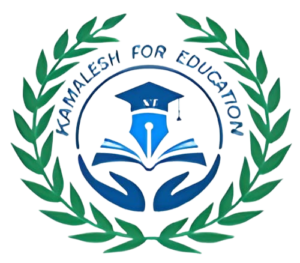

The Governor has been pleased to sanction pay increment @ 3% for the ward teachers who have been brought under the School Education Department and the employees of other departments engaged under SSM, SSK and MSK teachers in the recent past.

As directed, you are requested to inform all the venue supervisors to depute Para-Teachers in charge of inspection in Madhyamik Examination (SE), 2020.
NC and CC candidates will be directed by the concerned SI of School/Circle Project Coordinator to submit the filled forms along with relevant documents and bank draft by 06.08.2018 .
Two years d. Online applications are invited for appearing in the final (theoretical) examination of the first year of L. Ed. Course (ODL), Session: 2015-2017.
First Year End Exam Schedule 2015-17 for Two Year DLed Exam for Para Teachers and Remaining Teachers.
Register for D.EL.ED Course. 2015-17 by 30.09.2017
Para Teachers and Remaining Teachers registered for Two Year D.El.Ed Course (ODL Mode) will know their Study Centers allotted online from 05.00 18.07.2017
Registered Para-Teachers of all districts to positively contact Sub-Inspectors of their respective schools on 08/05/2017 at 12 noon to know about their allotted study centers.
Applicants have to apply online through their registration number and date of birth. After providing valid information applicant has to select five study centers in order of preference.
Registered Para-Teachers of all districts to positively contact Sub-Inspectors of their respective schools on 08/05/2017 at 12 noon to know about their allotted study centers.
The Governor is pleased to direct that 10% of the existing vacant posts be filled up by para-teachers currently working in various primary schools of the state .
Educational qualification, training, performance in TET, extra curricular activities, viva kantha or interview and teaching experience in case of Eligibility Test or Para-Teacher will be counted.
Application form will be available online at websites: www.wbsed.gov.in, www.wbbpe.org from 30.09.2016 to 07.10.2016 up to 6 PM.
Applications are invited from TET-2014 eligible candidates to fill up 41,559 vacancies for the post of Assistant Teacher under West Bengal District Primary School Council.
Front row and window seating can be arranged for visually impaired children. Braille text books should also be provided for them.
Applicant para teachers who could not download their registration certificate, are requested to download from www.wbsed.gov.in on 04/04/2016 and from 1 PM.
If children have mobility problems, the school should have ramps and HM will try to arrange classes for the particular student on the ground floor as far as possible.
Applicants-Para-Teachers are requested to log on to www.wbsed.gov.in to download and print Registration Certificate of D.El.Ed. Course for PBSSM-approved para teachers.
Online Registration in Two Year D. El Ed. Course through ODL Mode for Eligible Untrained In-Service Para Teachers, 2015-17 to commence on 8th January, 2016 at 11 AM


===========












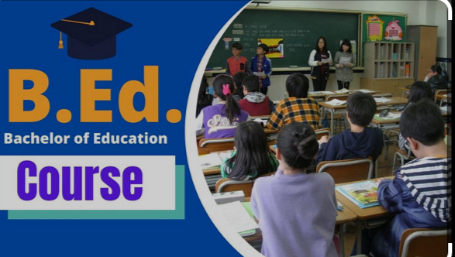




This page was last updated on: Wed 10 Jan 2024 at 9:19 IST
©Kamaleshforeducation.in(2023)